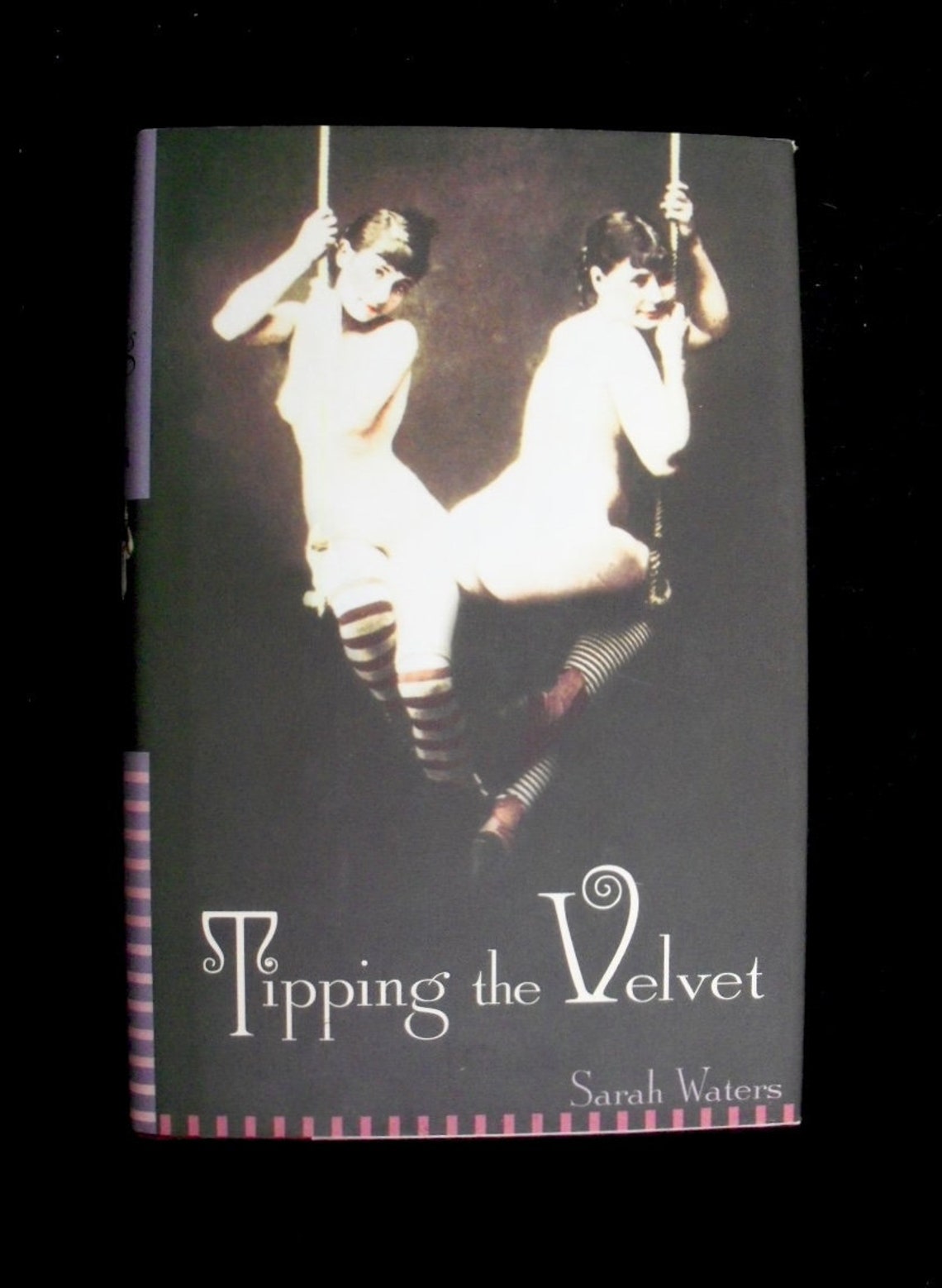


In brief, her Everywoman with a sexual difference goes from success onstage to heartbreak to a stint as a male prostitute (necessity truly is the mother of invention) to keeping house for a brother and sister in the Labour movement. A lesser author would have been content to stop her story there, but Waters has much more in mind for her buttonholing heroine, and for us. We know that bliss will come, and it does, in an exceptionally charged moment. Soon Nancy and Kitty are off to London, their relationship close though (alas for our heroine) sisterly. And at first even Nancy's family is thrilled with her gender-bending pal, all but her sister, best friend, and bedmate, Alice, "her eyes shining cold and dull, with starlight and suspicion". Tipping the Velvet, all 472 pages of it, is as saucy, as tantalising, and as touching as the narrator's first encounter with the seductive but shame-ridden Miss Kitty Butler. But the moment she spies a new male impersonator-still something of a curiosity in England circa 1888-her years of innocence come to an end and a life of transformations begins. "Although I didn't believe the story told to me by Mother-that they had found me as a baby in an oyster-shell, and a greedy customer had almost eaten me for lunch-for 18 years I never doubted my own oysterish sympathies, never looked beyond my father's kitchen for occupation, or for love." At night Nancy Astley often ventures to the nearby music hall, not that she has illusions of being more than an audience member. Her place is in her father's seaside restaurant, shucking shellfish and stirring soup, singing all the while. The heroine of Sarah Waters's audacious first novel knows her destiny, and seems content with it.


 0 kommentar(er)
0 kommentar(er)
